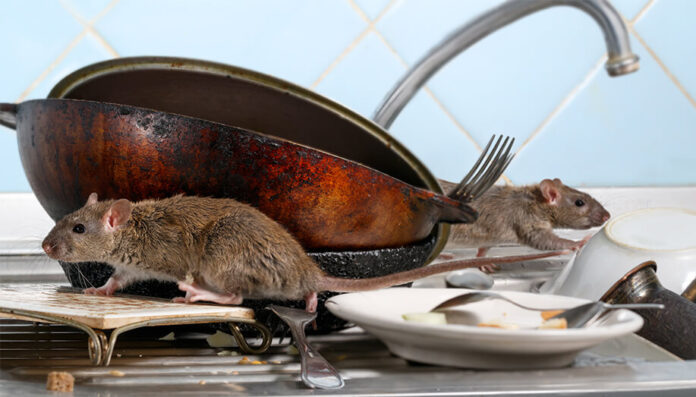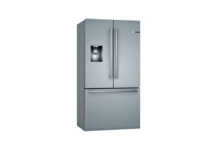The kitchen is one of the most difficult areas to control pests. It is full of food, equipment, and water, which means it has all the right conditions for pests to breed and grow. Asides from damaging your equipment, pests can greatly reduce the production and quality of your food.
If you are going to do business in the food industry, it is essential to know about commercial pest solutions. In this article, you will learn about the major pests found in kitchens, their effects on commercial kitchens, and ways you can combat them.
What Are the Major Food Pests
Knowing the major food pests can help you determine how to control them. Although many pests can affect your business, however, some are more common than others. Below are some common pests you can find in every commercial kitchen.
Cockroach
Cockroaches are a problem everywhere, including in your commercial kitchen. They are attracted to food products by their smell. Cockroaches leave behind small feces which contain bacteria that could make you sick if you eat the same food.
Flies
Flies are other harmful pests found in commercial kitchens. They contaminate foods by transferring digestive juices to them through their vomit. Bacteria and germs are major accomplices of flies.
Bird
Birds can also contaminate foods when they eat from them. They can transfer germs from other food sources to your food. They often find their way into commercial kitchens through open doors or windows. Once inside, they make themselves comfortable by nesting in places where you store your food supplies.
Rodents
Rodents like mice, rats, and squirrels love to eat human food. They can contaminate your food with their urine, feces, and fur. Rodents are also known for transferring bacteria, viruses, and parasites that can make you sick.
Effects of Pest on Commercial Kitchens
Pest can affect a commercial kitchen in numerous ways. Here are some effects of pests in a commercial kitchen.
They Cause Serious Health Problems
Pests pose a risk to both the staff and customers of a commercial kitchen. They are carriers of different diseases that are easily transferred to the human body system.
They Destroy Your Reputation
Pests can make you lose your customers’ trust. Customers who see a fly around the plate will have a bad impression of you and will not refer your business to their friends.
They Can Lead to the Shutdown of Your Business
If not controlled immediately, pests can lead to the permanent shutdown of your business. Health inspectors are always on the lookout for commercial kitchens that can pose health challenges.
They Destroy Properties
If proper care is not taken, pests can destroy properties like electrical wires and packaging materials, leading to great economic loss.
Once you’ve identified the major pests and their effects, it’s time to take action. However, to prevent them from ruining your business, you must understand how to control pests in commercial kitchens. Below are some pest control methods that can help you.
Practice Proper Hygiene
The first step to keeping your kitchen pest-free is to practice proper hygiene by keeping everything clean and organized. This includes the floors and surfaces where food is prepared, prep areas, storage areas and equipment, and any other areas where food could be stored or prepared. It would be best if you also washed your hands before handling food.
Dispose of Trash and Leftovers Immediately
Ensure to dispose of your trash in a special area that is away from the kitchen. This area should be kept clean so that it does not become a nest for pests. You can also use containers with tight lids to prevent pests. The containers should also be labeled clearly so that employees know what they contain inside them.
Practice Integrated Pest Management (IPM)
IPM is a system used by professional chefs and restaurants to identify pest problems and control them before they affect the food supply chain. It combines different types of control methods into one comprehensive plan. The following are the most important IPM practices.
- Monitoring and Inspecting
- Exclusion, pests proofing, and sanitation
- Effective communication of the effects of pests
- Use of traps or low-risk pesticides
In conclusion, getting rid of pests in your commercial kitchen requires intentional commitments. You must be careful not to use harmful insecticides that can be dangerous to the health of employees and customers. Although the kind of pest can also determine the control method, the above methods are general and applicable to everyone.


















